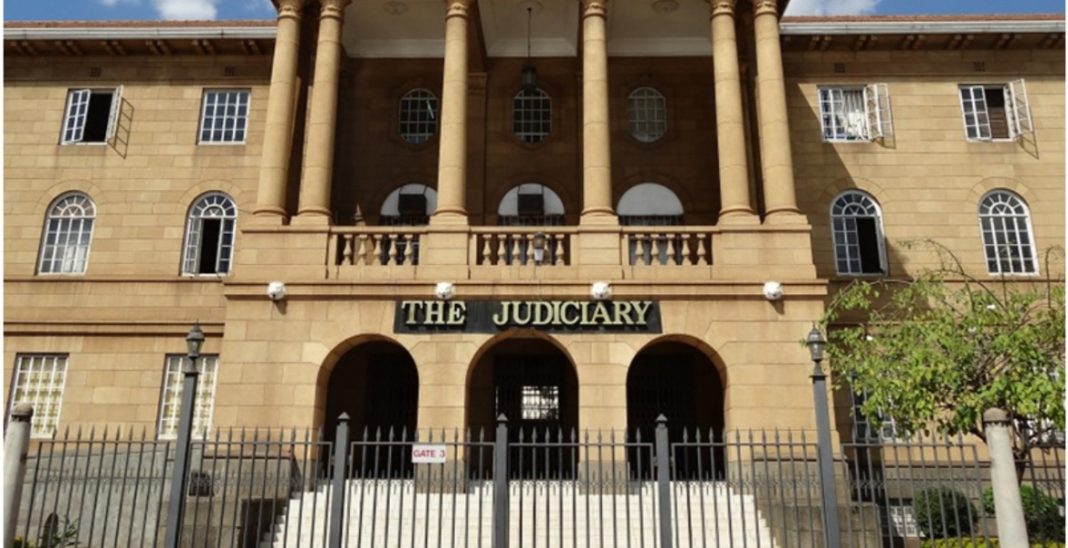The Judiciary has announced that it will conduct an institution-wide employee census on Thursday, October 30, as part of efforts to strengthen accountability, transparency, and human resource management within the judicial system.
Chief Justice Martha Koome said the exercise is aimed at ensuring data integrity and improving institutional efficiency through accurate and reliable staff information.
“The Judiciary has, over the years, embraced a culture of proactive and continuous improvement in its operations, with a strong commitment to maintaining the integrity of its institutional data,” Koome stated in a Thursday morning announcement.
According to the Judiciary, the census will help strengthen human capital management, support staff rationalization, and optimize resource allocation to align with the Social Transformation through Access to Justice (STAJ) blueprint.
The Chief Justice noted that the exercise builds on a similar initiative conducted in 2018, which proved crucial in improving accountability and planning within the Judiciary. She added that this year’s census also responds to recent audit findings highlighting inconsistencies in staffing data.
A report by the Auditor General released in July 2025 revealed that the Judiciary reported 8,330 employees by June 2024, up from 6,014 the previous year. However, only 136 new contracts were documented, leaving an unexplained difference of 2,180 staff whose legitimacy could not be verified.
The new census, Koome said, seeks to address such gaps by establishing a transparent and credible record of all Judiciary employees.
“This exercise represents our continued reform efforts to enhance transparency and efficiency across all court stations and administrative units,” she said.
The Judiciary assured court users, advocates, and the general public that proceedings will continue with minimal disruption during the census.
Similar audits have previously been undertaken by public bodies including the Public Service Commission (PSC), Teachers Service Commission (TSC), and National Police Service Commission (NPSC), leading to significant improvements in accountability and workforce management.
In 2021, the Judiciary also invited the Ethics and Anti-Corruption Commission (EACC) to review its systems and policies, a move that reinforced anti-corruption safeguards within the institution.
As part of its ongoing transformation agenda, the Judiciary says the census marks another critical step toward ensuring public trust, efficient service delivery, and sustainable human resource practices across Kenya’s judicial system.






